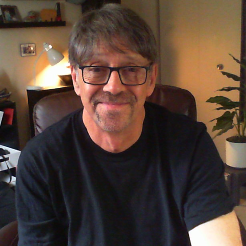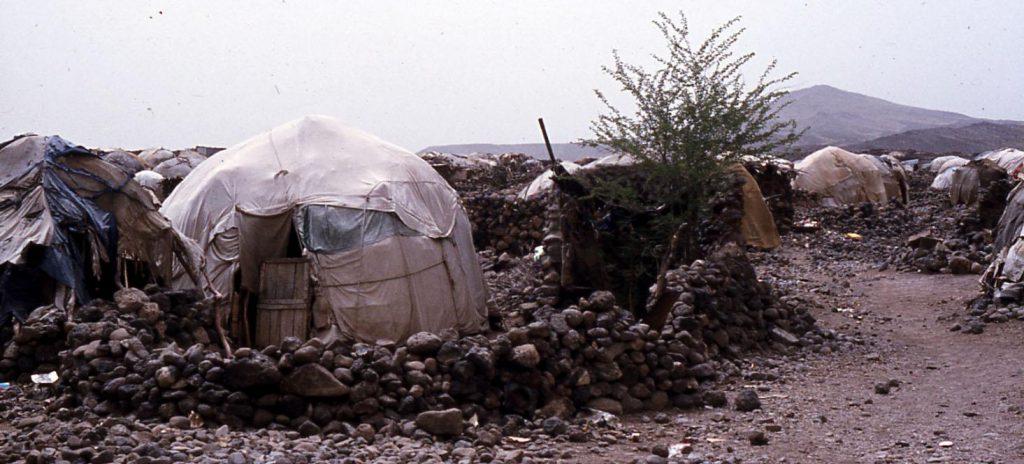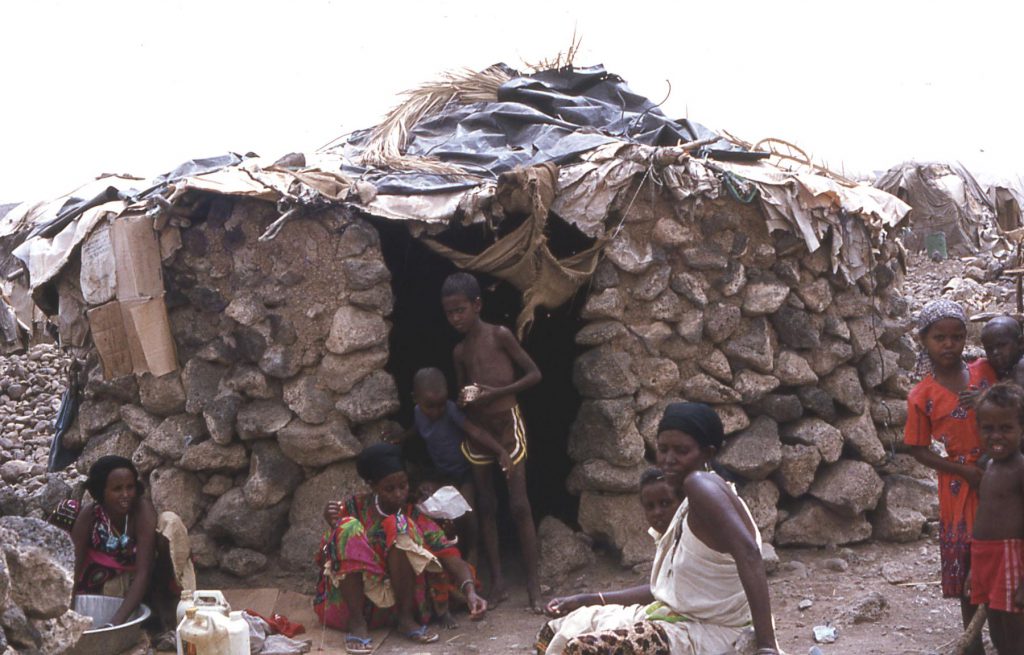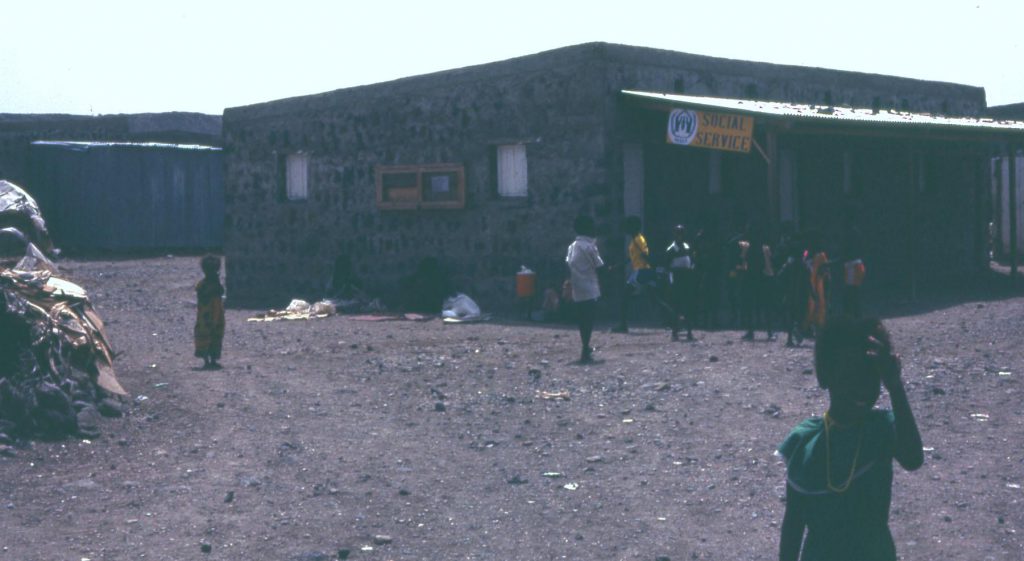People of Georgian: Professor faces violence, illness and hard work in ‘humbling’ experience in Africa
Nov. 27, 2020
What’s your story?
The Georgian community is full of unique, inspiring perspectives —and we’re sharing them as part of an ongoing series.
People of Georgian: Meet Steve McDonald
I was a Social Services Officer with the United Nations High Commission for Refugees in the Horn of Africa.
Soon after my arrival, I caught dysentery, which was very weakening and debilitating. But I kept working.
I remember stumbling down the corridor of our open-air office block, bumping into walls, because I was too weak to walk upright. I soon learned that there were many health risks for foreigners living in this part of the world, which for myself later included blood infections, an ulcer, and malaria.
My job included a wide array of duties, including overseeing educational and social welfare programs for refugees in the camps and cities, and organizing refugee resettlement opportunities.

Going door to door to refugees’ huts in the camps was a humbling experience, as they lived in very difficult conditions but were often so generous, giving and appreciative.
I remember they’d rarely let you visit unless you allowed them to serve you a drink of some sort. If they didn’t have anything, they would tell you to sit down while they sent their youngest child to a nearby village to buy a pop or something, with what little money they had, so they could be sure they were being a good host.

‘I even had a knife stuck in my belly once’
Work would sometimes become arduous and dangerous.
Some troublemakers once scaled the walls of our office compound and threatened my staff with knives, and I even had a knife stuck in my belly once. Luckily, my employee, Yahya, pulled him off just in time, which minimized damage.
I had someone threaten me in the face with broken bottle, and even had a mother place her infant under the wheel of my car once, in an apparent act of desperation.
There were major security issues for UN staff working there, and corruption was rife. You had to pay people off to get security services from the police for your office staff, or to get food and cooking stoves into camps.

Getting down and dirty to help end illnesses
As well, we had problems with little kids in the camp getting cataracts due to vitamin deficiency.
There were problems with the camp water tank becoming contaminated, causing severe illness in children. I remember some of us rolling up our pant legs to jump into the tank to scrub it out, so the stomach illnesses would stop.

‘What are you doing here?’
Sometimes I couldn’t help asking myself, “What are you doing here? You could be living a comfortable life back home and never have to deal with anything like this!”
But I took my responsibilities seriously and worked hard, and our refugee resettlement program wound up being very successful.
Many people wound up resettled to Canada, and some of them still keep in touch with me to this day. One of them even named his daughter after my wife and bought me concert tickets.
I don’t regret serving with the UN in Africa, despite the hardships and risks.
I feel like I made a real contribution to many people’s lives.
I am grateful for that opportunity, and I’m thankful for the peace and security we have here in Canada.
Steve McDonald, Professor, Human Services and Lead Faculty, General Education at Orillia Campus.
Learn more about our Human Services programs at Georgian College, such as Early Childhood Education, Honours Bachelor of Counselling Psychology, and Social Service Worker.
Want to share your story? Please contact socialmedia@georgiancollege.ca.
To read previous People of Georgian stories, please visit our website, Instagram or Facebook.